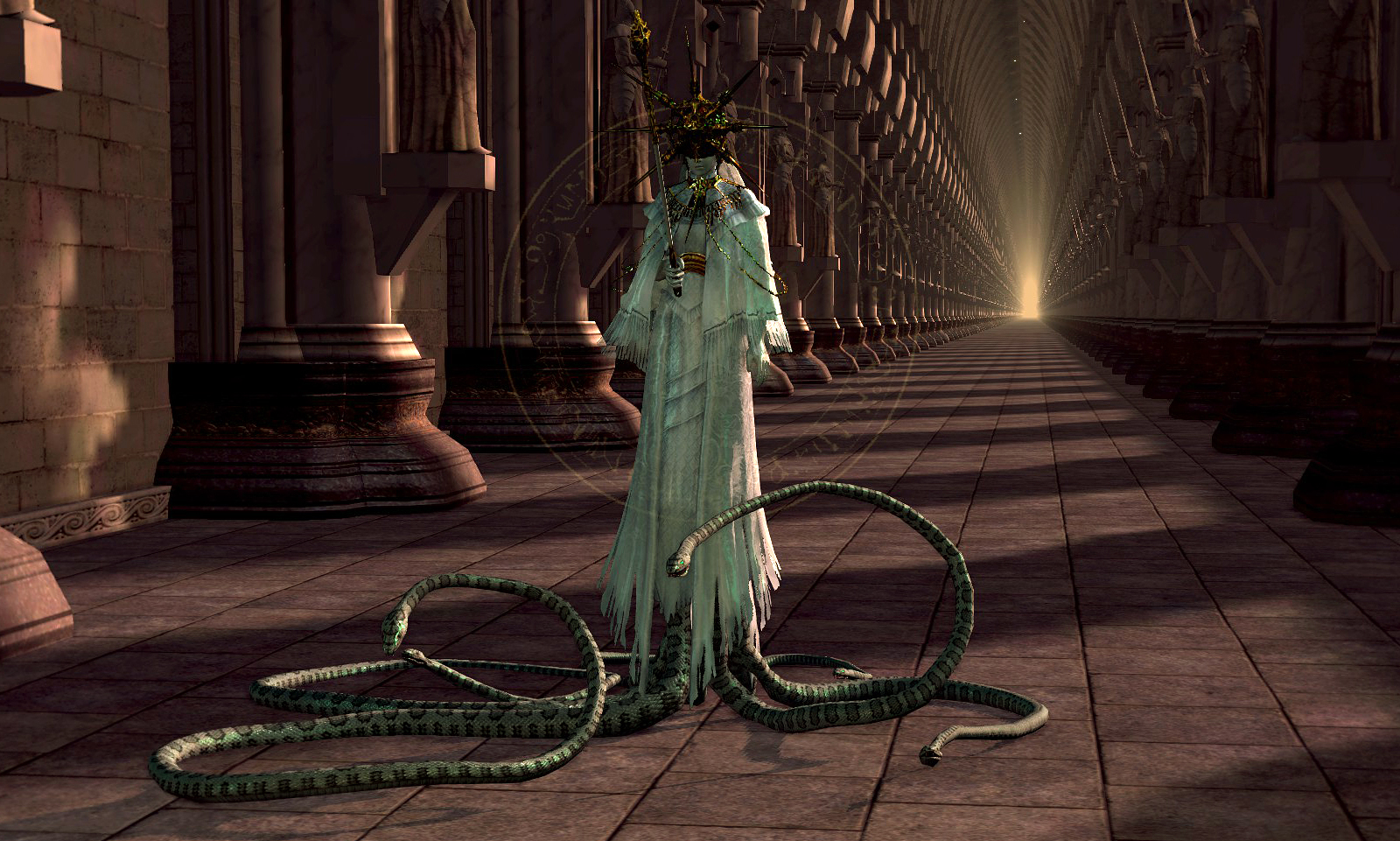How to Use Mythology to Worldbuild
I recently wrote a post about how to create better mythology for your world. If you’ve read that, or you’re already confident creating myths then this is the next step - using myths to worldbuild.
Using myths as a vehicle for worldbuilding is something I love to do. I often write a creation myth before anything else in my world. But how do we do this?
Remember, Myths were Once a Religion
If you’re writing myths that people still believe in, think of it as a religion. The primary difference is that classical myths were not codified like modern translations of the Bible are today. There was no single version, and many were recited by entertainers and not written down.
The myths we read today were once working religions. It is important to remember this. Much like the Bible, people truly believed in these stories and followed them. Using them to set their morals by, and understand the world.
If you’re writing myths that have no followers left, think about their impact when they did have followers.
Use Myths to Set the Tone of your Setting
Myths are an important way to colour your setting. For both your characters and your reader, they give context to history and natural laws. If all the heroes die, it sets a darker tone than a myth or legend where the heroine gets the girl.
The god of the moon, Gywndolin, from Dark Souls.
Dark Souls tells the bulk of its lore through fragments of stories, many of which are merely legends and myths. They tell of a grander era than the one the player explores. A golden age of gods. That contradiction immediately tells us what is going on. Dark Souls is a story about the world slowly fading. Through each game, the myths get warped and we hear less and less about them. The facts start to give way to rumour.
If you instead decide to set a bright and heroic tone, your myths may always see the heroes win, and the gods will hand down the details of these events in perfect clarity.
Mix Politics and Mythology
Politics plays a surprising role in mythology. Many myths are promoted or rewritten to promote royal families or noble lineages who claim heroic ancestry. Cities are named after mythological figures. And oracles become the tools of politics.
The Oracle of Delphi was often a central player in the politics of the Greek city states, and for the right amount of gold, you might get a prophecy that’d cement your legacy. Whether or not the Oracle really spoke to Apollo was less important than the fact that the average person believed she did.
Marble busts of Hadrian and Antinous. Photo by Carole Raddato.
Another example. The death of Antinous, the lover of the Roman emperor Hadrian, led him to deify his love. Though it may have been solely because of his grief, creating a cult of worshippers loyal to his lover gave Hadrian political clout in Egypt. In the following centuries, the cult of Antinous became a political hot potato. Everyone from Christians to the Sibylline oracles criticized the legend of Antinous, often as a vehicle to attack Hadrian’s legacy itself. In the fight between Christians and Pagans, Antinous was used as a central figure and medals were issued with his face as anti-Christian propaganda. Christians responded by destroying statues of the god, and in 391 banned his worship entirely.
Think about how your world’s queens and lords have used myths to support their own rule or undermine their enemies. Do they claim descent from a god? Have they compared their enemy to a heartless villain? Have they proclaimed their favored historical figures demigods?
Consider Why the Myth was Popular
Who did your myths appeal to? The rich, the poor, the marginalized, the ruling class?
Farmers might hold agricultural myths close to heart, and these myths might hold important wisdom farmers need to know - like the order of the seasons or movement of the weather. The cult of Dionysus was popularized because it justified the excess of the Athenian elite, and parties under the pretense of worship were a great tool to make allies.
Today, LGBTQ people have adopted many myths like Tu Shen and Antinous into their own religious practices. They do this because they seek out representation like themselves, and find it in these ancient stories.
So what do the people of your world see in your myths that appeals to them?
Find out more about the Sorcerer of Tea:
Thank you for your insights, Xanthuss! I personally love coming up with mythology that’s unique to my worlds, or else using existing mythology in a new and interesting way.


